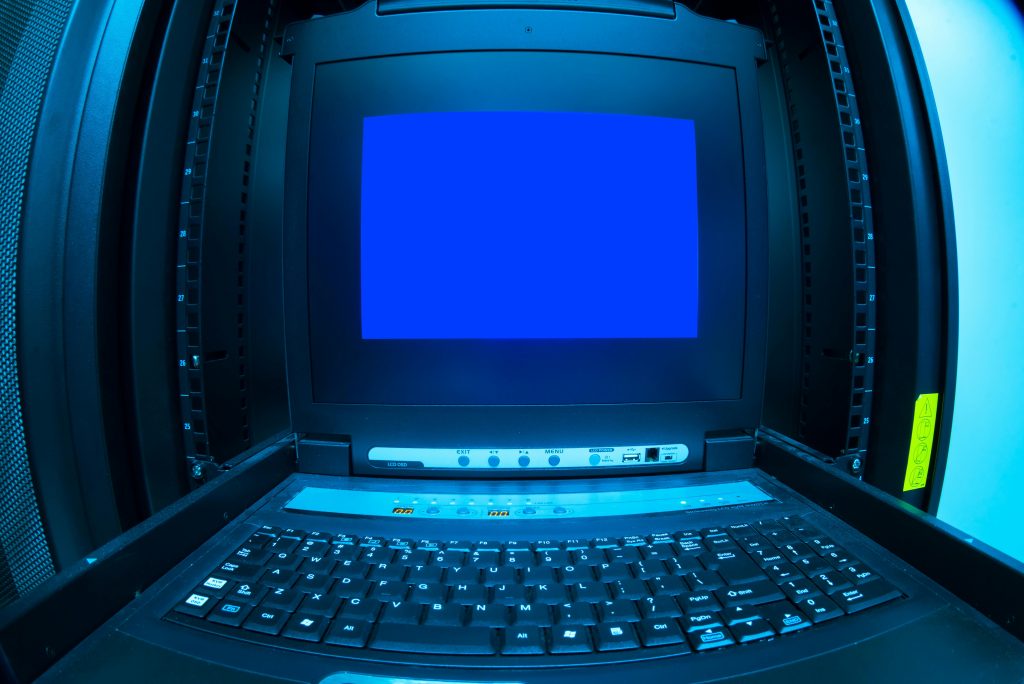Troubleshooting a Non-Responsive PC: A Personal Experience
We’ve all experienced those frustrating moments when technology doesn’t cooperate, and sometimes, those moments can be triggered by the most unexpected incidents. Recently, I found myself in such a situation when my brother playfully slapped the top of my computer while I was in the midst of an important task. What began as a light-hearted interaction quickly turned into a tech disaster when my PC froze completely and refused to respond.
The Incident
In an instant, my screen went unresponsive, and despite my best attempts to reboot the system, I was greeted with an unsettling series of beeping noises emanating from the PC case. After a few unsuccessful restart attempts, it became clear that something was seriously amiss. With a sense of urgency and concern, I decided to take matters into my own hands by disassembling the computer to investigate further.
The Troubleshooting Process
Disassembling the PC was a meticulous process that involved carefully removing components and checking for any visible signs of damage. I reinstalled everything, ensuring that all connections were secure and properly seated. However, despite my efforts, the stubborn machine still refused to boot up.
Seeking Solutions
At this point, I turned to the vast resources available online, hoping to find advice from fellow tech enthusiasts who might have confronted similar dilemmas. Here are a few potential solutions I discovered during my search:
-
Check Power Connections: Ensure all power cables are firmly connected to the motherboard and components. A loose cable may prevent the system from starting up.
-
Inspect for Hardware Damage: Look for any signs of physical damage or dislodged components. It’s possible that the slap may have disturbed something crucial inside.
-
Test the RAM: Reseating or testing each RAM stick individually can help identify if one is faulty, as this can often cause boot issues.
-
Consult the Beeping Codes: The strange beeping noise could be an error code indicating a specific problem. Refer to the motherboard manual to decode the signals.
-
Try a Different Power Supply: If available, testing with another power supply can rule out the possibility of a faulty unit.
-
Reset the BIOS: Removing the CMOS battery for a few minutes can reset the system’s BIOS, potentially resolving any conflicts.
Conclusion
While I continue to troubleshoot my PC, I remain hopeful that I can restore it to working order. If you
Share this content:



